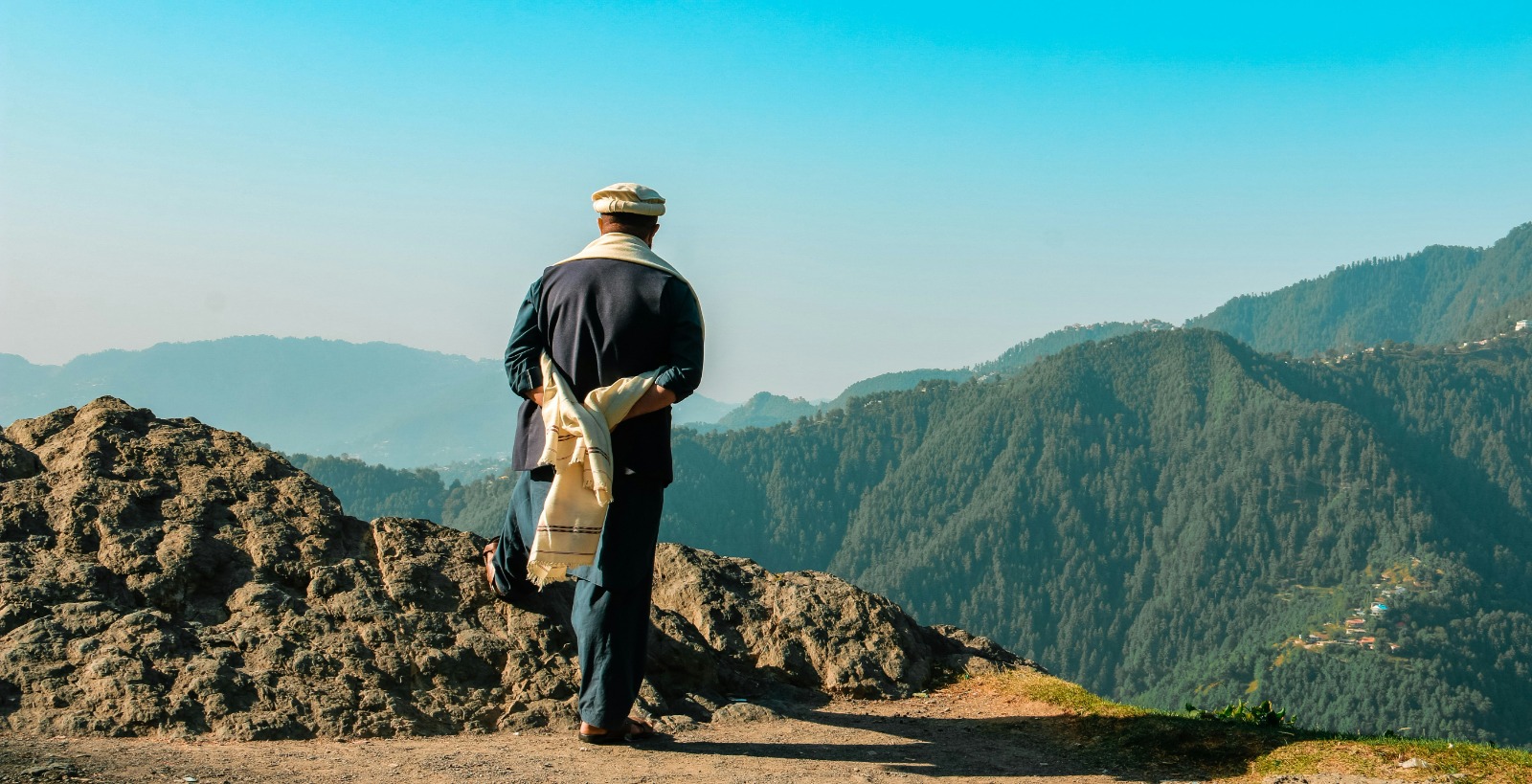
As the saying goes, man is a social animal. Since the beginning of time, living in a group has been substantial for human beings. That’s how they have been naturally programmed, as they can't thrive on their own. To live in a community, they are expected to follow certain social norms and cultures.
Social norms are the unsaid rules and expectations set by our peers about how people should behave in a society or community. These norms help individuals understand how to interact with others, and what is expected of them in certain situations, and shape their behaviors and attitudes in the long run.
Social norms can vary widely between different cultures and communities, covering various aspects of life, such as manners, dress codes, and communication styles. For example, saying "please" and "thank you" is a social norm in many cultures, while in others, it might not be as emphasized.
While social norms help you blend in with your community and provide guidance on how to interact in particular situations, they may also restrict your free will and stand in the way of your future goals.
Also Read: Draft Amendment Tightens Cybercrime Law to Combat Fake News, Establishes New Authority
Living in a Pashtun society, I've always observed that following social norms can often hinder personal growth and freedom. This is because the cultural framework is deeply rooted in traditions and expectations that control how people behave and make decisions. These age-old norms can create major barriers, especially for individuals—men and women alike—who seek to express themselves or pursue personal goals.
If we dig deeper, women in Pashtun society often face considerable restrictions on their freedom, as they are only expected to focus on domestic responsibilities, particularly childbearing and raising. As a result, many women are discouraged from pursuing education or careers, significantly limiting their personal growth and independence.
For example, a young Pashtun woman who aspires to become a pilot may face opposition from her family. She would be asked to fulfill her role as a wife and mother first, rather than pursuing her dreams. This peer pressure ultimately takes a toll on her mental health, leaving her feeling stifled and worthless.
This restriction is not limited to women. Men may also feel pressured to maintain the honor of their families by making decisions that align with traditional expectations. In many cases, men are pressured to engage in social practices such as arranged marriages or to choose careers that align with family expectations.
I have personally witnessed a case where a young man was forced to choose the family business as his career because his elders strongly disagreed with him pursuing a degree in the arts. They deemed it dishonorable or unmanly. His desire to conform not only deviated from his dream career but also stifled his individuality.
In Pashtun society, individuals who dare to challenge traditional norms and pursue their aspirations often face ridicule and discouragement. This fear of being shunned prevents many from living authentically, further hindering their personal growth and freedom.
However, it is essential to recognize that there is a silver lining. Not every member of Pashtun society is entirely bound by these norms. Some individuals find ways to break the shackles of tradition and dare to pursue their goals despite the hurdles. Many Pashtun women have successfully challenged societal expectations by pursuing education and careers with the support of progressive family members. These individuals act as role models, showing that even in a traditional setup, one can achieve personal growth and freedom.
Moreover, with the rise of social media and access to global platforms, young people are now exposed to diverse ideas and lifestyles. This exposure has inspired many to pursue their passions and goals. Several young Pashtun artists and activists use their platforms to advocate for change, promoting gender equality and individual rights within their communities.
There is hope for more personal freedom and growth as society evolves, and younger generations work to redefine societal norms. Ultimately, the challenge lies in striking a balance between the rich cultural traditions of Pashtun society and the need for individual expression.